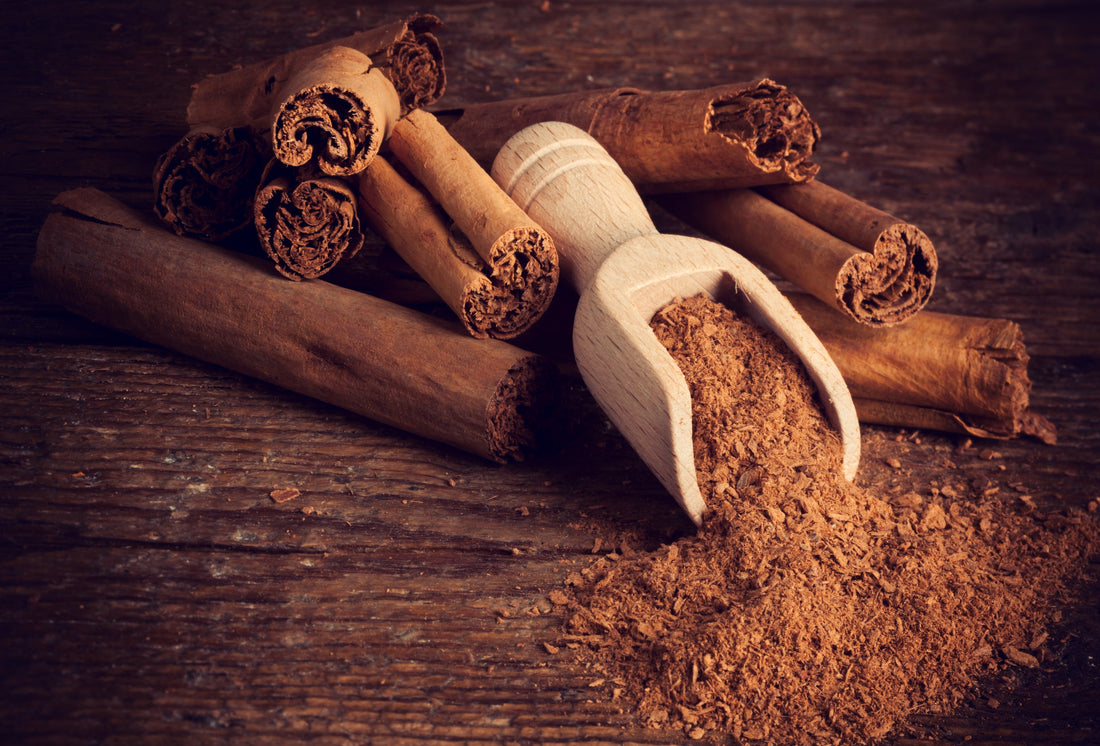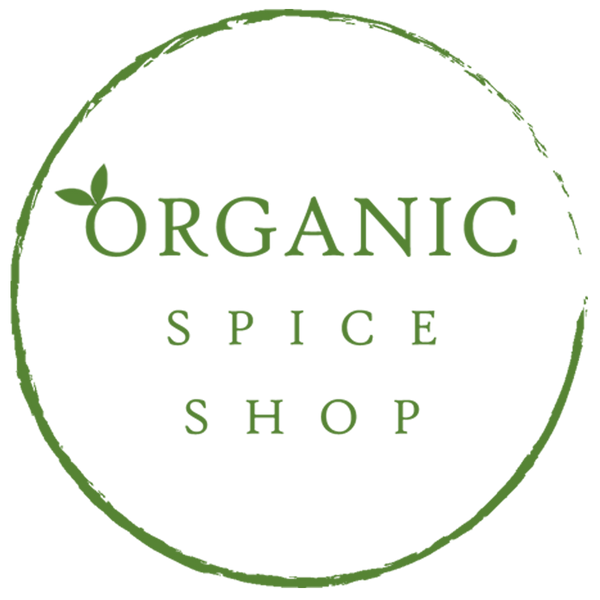
Ceylon Organic Cinnamon: The Golden Spice of Sri Lanka
Introduction
Ceylon cinnamon, also known as "true cinnamon," is one of Sri Lanka’s most prized exports. Grown organically in the island’s lush tropical climate, this spice is renowned for its delicate aroma, mild sweetness, and numerous health benefits. Unlike Cassia cinnamon, which is commonly found in supermarkets, Ceylon cinnamon is purer, with a more refined flavor and lower levels of coumarin, making it a healthier choice for regular consumption. This article explores the origins, health benefits, production process, and uses of Ceylon organic cinnamon.
The Origins and Cultivation of Ceylon Cinnamon
Sri Lanka has been the home of Ceylon cinnamon for centuries, with its cultivation dating back to ancient times. The spice is grown in fertile soil along the coastal belt, where the warm climate and consistent rainfall create the ideal conditions for its growth. Cinnamon trees are carefully nurtured, and only the inner bark is harvested, ensuring sustainability and high-quality yield. Traditional farming methods are often combined with modern organic practices, eliminating the use of harmful chemicals and preserving the spice’s natural purity.
Health Benefits of Ceylon Organic Cinnamon
Ceylon cinnamon is more than just a flavorful spice; it offers a range of health benefits. It is packed with antioxidants, which help fight inflammation and reduce the risk of chronic diseases. Studies suggest that cinnamon may regulate blood sugar levels, making it particularly beneficial for people with diabetes. Additionally, it supports heart health by lowering cholesterol levels and improving circulation. With antimicrobial properties, Ceylon cinnamon can also aid digestion and boost the immune system, making it a valuable addition to any diet.
The Production Process: From Bark to Spice
The process of producing Ceylon cinnamon is meticulous and labor-intensive. Farmers carefully peel the inner bark of the cinnamon tree, which is then rolled into thin, delicate quills. These quills are dried under controlled conditions to maintain their rich aroma and essential oils. Unlike Cassia cinnamon, which is thick and coarse, Ceylon cinnamon has a finer texture and a distinct golden-brown color. The organic certification ensures that the entire process, from cultivation to packaging, follows strict quality standards, making it a premium product in the global spice market.
Culinary and Everyday Uses of Ceylon Cinnamon
Ceylon cinnamon is a versatile spice that enhances both sweet and savory dishes. It is commonly used in baking, teas, curries, and desserts, adding a warm, aromatic touch to recipes. Beyond the kitchen, cinnamon is also used in herbal remedies, essential oils, and skincare products due to its therapeutic properties. Many people enjoy a daily cup of cinnamon tea to boost their metabolism and overall well-being. As the demand for natural and organic products continues to grow, Ceylon cinnamon remains a sought-after ingredient worldwide.
Conclusion
Ceylon organic cinnamon stands out as one of Sri Lanka’s finest gifts to the world. Its rich history, numerous health benefits, and unique production process make it a valuable addition to both culinary and wellness routines. Whether you’re looking to enhance your cooking, improve your health, or enjoy a natural remedy, Ceylon cinnamon is a timeless spice that continues to captivate and benefit people around the globe.
